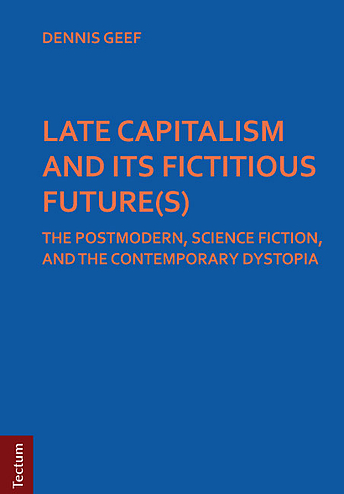Geef
LATE CAPITALISM AND ITS FICTITIOUS FUTURE(S)
ISBN 978-3-8288-3569-6
It is widely recognized as a fact that our current economic order constitutes a distinct phase of capitalism as opposed to the phase of industrial capitalism that preceded it. There are various names for this originally new phase of capitalism, e.g., information capitalism, biocapitalism, post-industrial capitalism, cybernetic capitalism, totalitarian capitalism, and late capitalism. This study aims to investigate the various aspects of the current economic order that these different monickers refer to. In the first part of the study, the transformations capitalism underwent in the last three decades are going to be investigated at length. It is the aim of the first part of the study to give a comprehensive overview over how our current economic order evolved and what are its specific characteristics with a particular emphasis on the role neo-liberal ideology played and plays in these processes. In the second part, the categories of postmodernism and postmodernity shall be examined with the goal of seeking an answer to the question whether it is still possible to speak of a postmodern condition in the contemporary. The third part investigates how our new phase of capitalism is represented in the realm of literature, especially dystopian science fiction literature. Science Fiction arguably constitutes the representative fiction of late capitalism. In this sense Science Fiction is a form of postmodern realism. Therefore, both postmodern and Science Fiction literature are going to be discussed in detail in the final part of this study.



